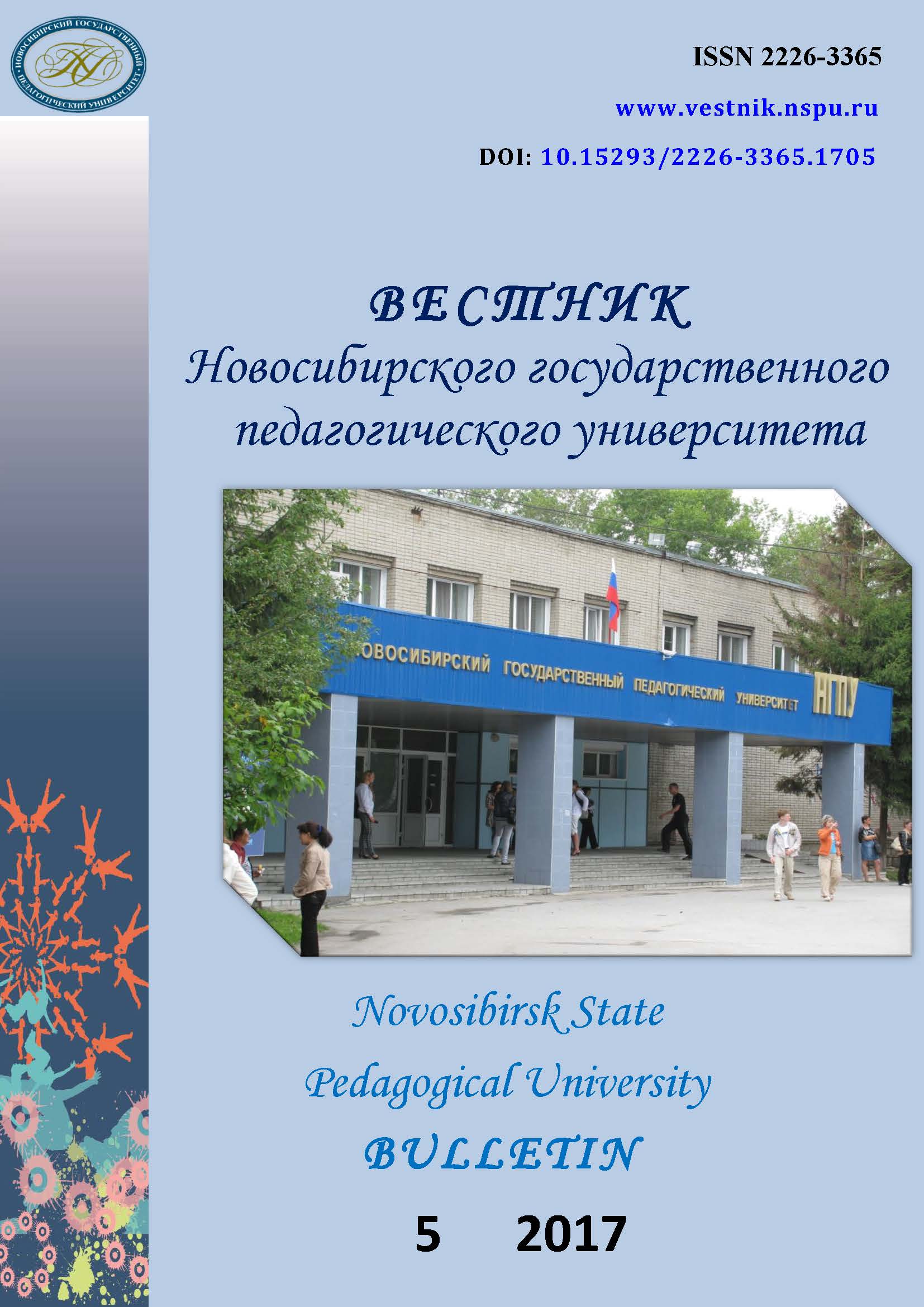Влияние внутрисемейной коммуникации на специфику восприятия жестов детьми младшего школьного возраста с легкой умственной отсталостью
The influence of family communication on the specificity of the gestures perception by children of primary school age with mild mental retardation
Author(s): Oksana Vladimirovna Zashchirinskaya, Viktor Yurjevich Rybnikov, Elena Ivanovna Nikolaeva, Valentina Michailovna ByzovaSubject(s): School education, Clinical psychology, Sociology of Education
Published by: Новосибирский государственный педагогический университет
Keywords: Communication; Gestures; Mild mental retardation; Primary schoolchildren; Perception of gestures; Parenting; Parents; Parent-child relationships
Summary/Abstract: Introduction. The investigated problem consists in studying the factors which influence the ability of mentally retarded children to participate in non-verbal communication. The work was tasked to identify capacities of gestures perception by primary-school-age children with mild mental retardation depending on the attitude of their parents towards education of their children. Materials and Methods. The study involved 128 students of the first grade (7,4 years old, 47 girls and 81 boys), of whom 30 children (the average age was 7,5 years old; 11 girls, 19 boys) had a diagnosis of mild mental retardation (MR) and 53 children (average age was 7,4 years old; 12 girls and 41boys) with mixed specific disorders of psychological development (SDPD). The control group consisted of 45 children with a normative intellectual development (average age was 7,0 years old; 24 girls and 21 boys). In this study we used unique methods, one of which was aimed at identifying a child's understanding of various gestures, and the second – on the description by parents of the interaction with the child. Results. It has been shown that children with MR have difficulty in perception and under-standing of many gestures compared with normative developing peers. Parents of normative developing children compared with families with children with mild MR, significantly more often explain the role of non-verbal communication skills in communicate to their children and answered the questions about the social interactions of people. Parents of normative developing children significantly often trained their communication skills compared to families raising children with easy MR. Conclusions. It is necessary to carry out psychological work with parents of children with easy UO with the aim of improving their parenting competence in developing capabilities of their children.
Journal: Вестник Новосибирского государственного педагогического университета
- Issue Year: 7/2017
- Issue No: 5
- Page Range: 81-93
- Page Count: 13
- Language: Russian

